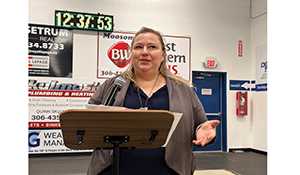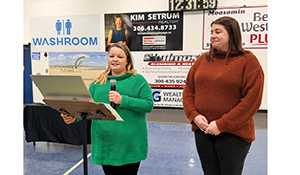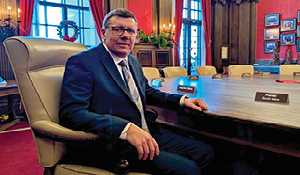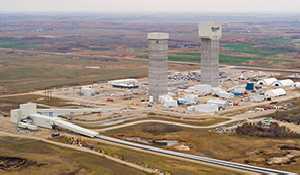Traci Burke shares her experience with lung cancer
November is lung cancer awareness month
November 17, 2022, 10:13 am
Sierra D'Souza Butts, Local Journalism Initiative Reporter
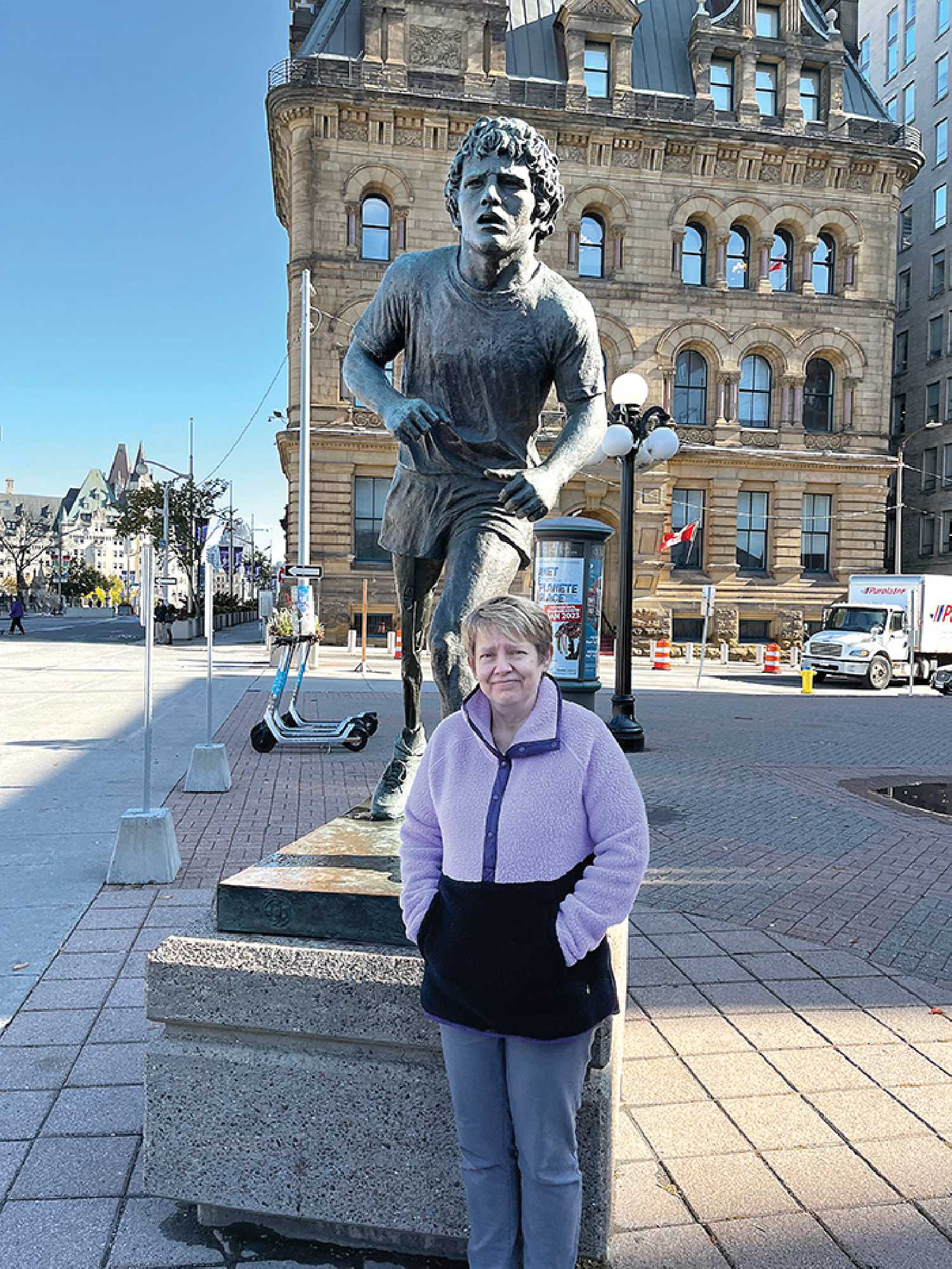

In hope of bringing more awareness about lung cancer and to stop the stigma around lung cancer patients, Traci Burke of Rocanville decided to share her story of being unexpectedly diagnosed with lung cancer.
“I was diagnosed with lung cancer a year ago at the end of June. It was a real shock,” said Burke.
“I never expected to be diagnosed with lung cancer, as a woman you always think of breast cancer.
“I was very active and lived a pretty healthy life. I had no symptoms right up until the diagnosis,which is very common in lung cancer.”
Because the symptoms of lung cancer do not show in the early stages, patients can live with lung cancer for many years before they physically show any signs of symptoms.
“Thanks to Dr. Foy here in Moosomin, I had come home from a holiday and I said that I was having this persistent cough. I had chest pains, I was a very active runner and I was having trouble. I couldn’t run,” said Burke.
“Dr. Foy was worried about a blood clot that had moved to my lungs. She was very persistent, I had a blood test done and it showed that I did have some clotting factors show up.
“They sent me for a CT Scan right away in Yorkton. That’s where they found the mass in my lung, it was very shocking. They were worried about my heart because they saw a little fluid and having it around my heart, possibly, was very serious. ”
Burke was the owner of Rocanville Super Thrifty for 21 years. Due to her physical and mental well-being after her diagnosis, she had to stop working.
““This has changed my life immensely, I guess that’s the hardest part because I went from being a very active person, I had the pharmacy that I ran, and that whole world just came to a crashing halt,” said Burke.
“Lung cancer is so insidious that it can be there and you don’t have any pain or symptoms. Unfortunately, even though I was able to have surgery, they thought they got it early, but in September I had something they call pericardial effusion which meant it was around the lining of my heart and it was around the lining of my lung.
“I was in the cardiac unit for a week. It was very serious because our lungs and our hearts are very closely related. When that happened I was classed as Stage 4.
“My treatment plan changed and I was eligible for this new immunotherapy. I feel like I’m fortunate in having it because it’s giving me, probably, a better quality of life.
“I’m not cancer free and I probably won’t be, and that’s the hard part about lung cancer is that 50 per cent of people who are diagnosed, are going to be diagnosed at Stage 4.”
Burke said it is important that people have access to more screening, specifically in hospitals such as in Moosomin, to help people detect the symptoms of lung cancer during its early stages.
“There’s very little screening available for lung cancer that’s why we’re trying to bring more awareness for lung cancer screening because it can be prevented,” said Burke.
“We really would like to get more screening. If Moosomin could get the CT Scanner it would be a huge help because there is a small screening program in Saskatchewan, but it’s just for smokers.
“I was really lucky Dr. Foy recognized right away that there was something wrong. So many people who I have talked to, we have a lung cancer Facebook group, get put on the back burner.
“It was a big shock to me and very disappointing because it’s one of those cancers where you don’t have symptoms and when you find out it’s pretty far advanced, it’s hard.
“A lot of people who did find out they had lung cancer early at Stage 1 or Stage 2 was by luck. They were having treatment for something else and that’s when they caught it.
“I was no better than anyone else before I got lung cancer, I didn’t think it would happen to me. As a pharmacist, there was lots of encouragement for smokers to not smoke, but never did I think my non-smoking patients might get lung cancer.”
Stigma around lung cancer patients
Considering there is so much stigma around people who are diagnosed with lung cancer, it is the least funded illness among cancers, compared to breast cancer, prostate, and leukemia.
“Lung cancer gets less funding because of the stigma associated with it,” said Burke.
“A lot of people want to blame the person having lung cancer, things like ‘oh did you smoke,’ and because I was a non-smoker, that’s where the radon question came in because radon is the second leading cause of lung cancer.
“There’s not as much funding for lung cancer which is why we don’t have very good long-term outlook.”
Burke said this is one of the things that people with lung cancer would like to be changed.
“If you have lungs, you can get lung cancer. It doesn’t just happen to people who smoke,” she said.
“And even if they were a smoker, no one deserves lung cancer. Instead of saying to the lung cancer patient, ‘did you smoke,’ people should say, ‘I’m sorry this happened to you.’”
Although a lot of people know that the main cause of lung cancer is from smoking tobacco, not many people are aware that the primary cause for non-smokers who are diagnosed with lung cancer is radon.
Radon is an odourless, natural gas that when in enclosed spaces, like homes, can accumulate to high levels and become a risk to one’s health, especially youth and babies.
Based on research, Canadians are the most exposed to high exposure of radon. However, Evict Radon (www.evictradon.org) has come up with test kits that people can use in their homes to figure out if they are at risk for high radon exposure, and find out how to permanently get rid of it.
“I want people to be proactive with helping mitigate radon from their home because the Prairie provinces are the second highest in the world,” said Burke.
“Lung cancer is still very hard to treat and it’s rarely curative. It can put an end to a product life and I think that somewhere along the way it seems like we’re all going to know someone with lung cancer. It would be nice if there was more treatment options. I just want people to be aware.”


















